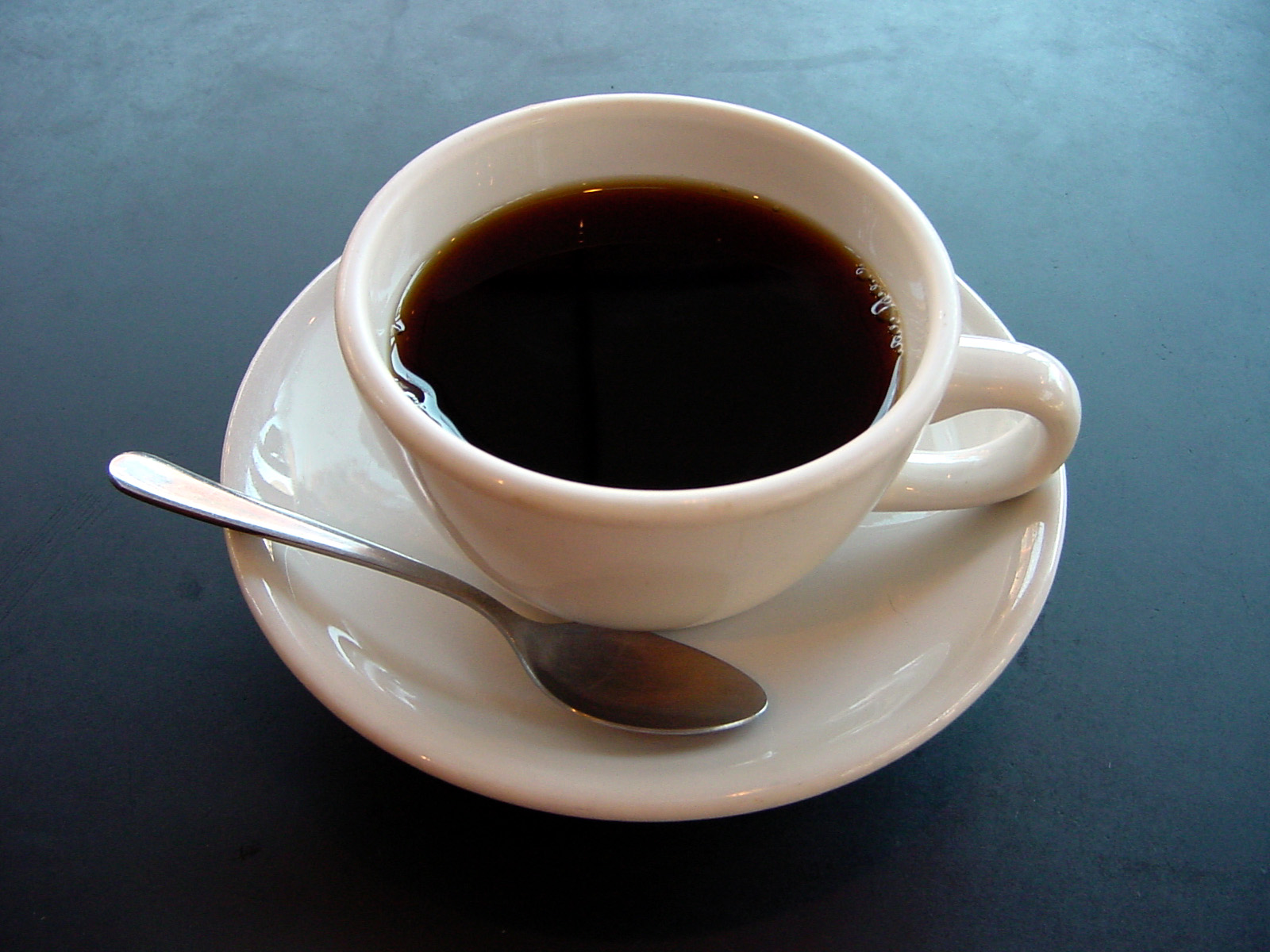By Justin Liddle
FAYETTEVILLE, Ark. — College students here on the University of Arkansas are no stranger to the most used psychostimulant.
The American Journal of Clinical Nutrition found that the average adult had 100-200 mg of caffeine per day.
Even though the daily suggested limit of caffeine is 400 mg, people consuming below that can still face severe side effects for trying to cut out the drug.
According to WebMD, some of the symptoms that people can face include headaches, fatigue, depression, a lack of concentration and even flu-like symptoms. At least half of people experiencing a caffeine withdrawal will have headaches.
James Hand, an engineering student, said he should cut back his caffeine intake, but won’t because he enjoys it and feels it helps him too much.
According to Medical News Today, anyone looking to quit but reduce the number of side effects should try lowering their consumption overtime, getting good sleep and staying hydrated.
Days without caffeine are pretty unusual for Levi Baldwin, a University of Arkansas Alum who is a registered barista.
“Almost all of my caffeine intake is coffee related which has become a big hobby and something I look forward to daily,” he said.
If Baldwin doesn’t have caffeine, he said he feels less clear headed and slower.
Most people consider caffeine to be a beneficial drug in reasonable doses, but they should be careful about forming a serious dependency.


